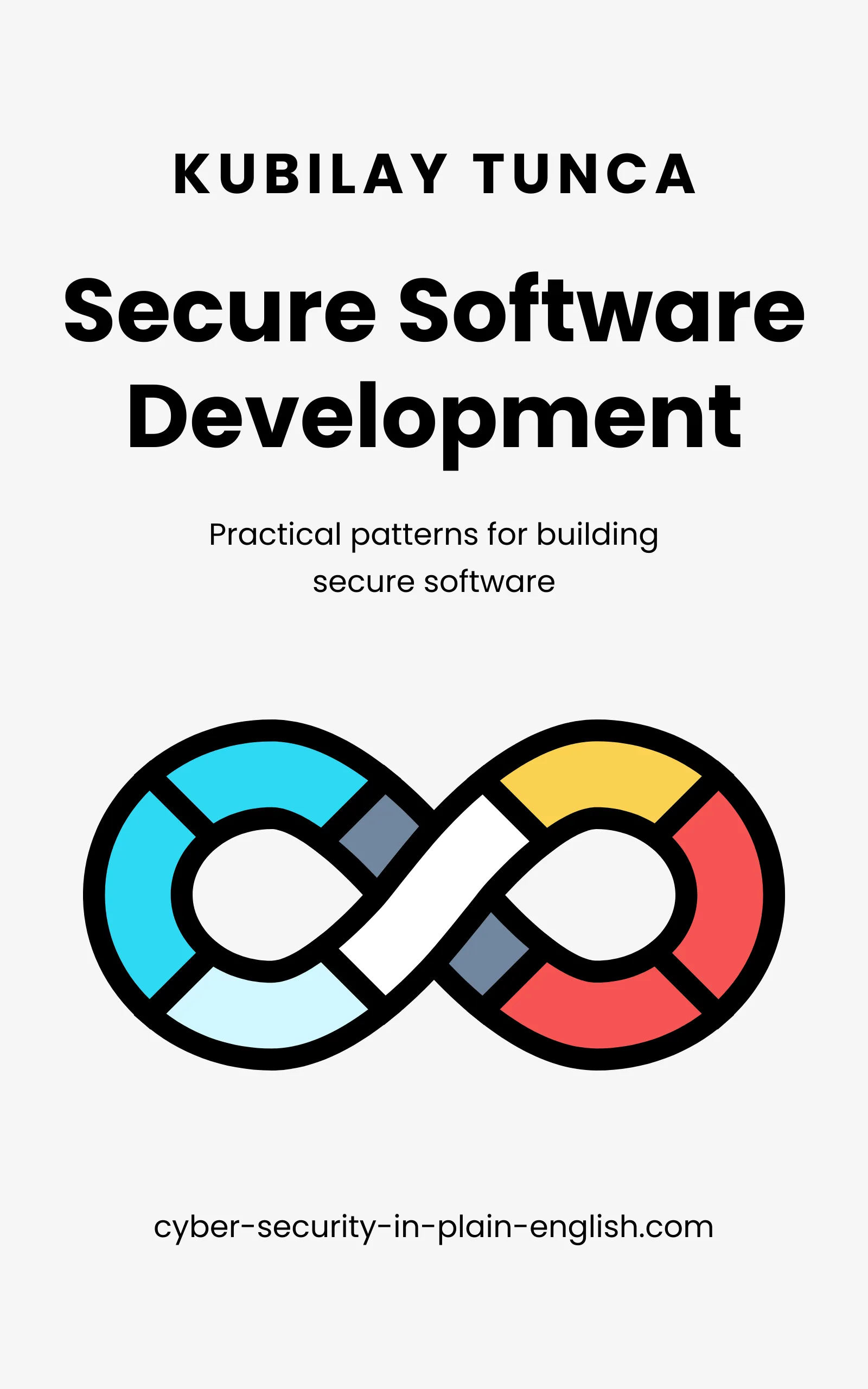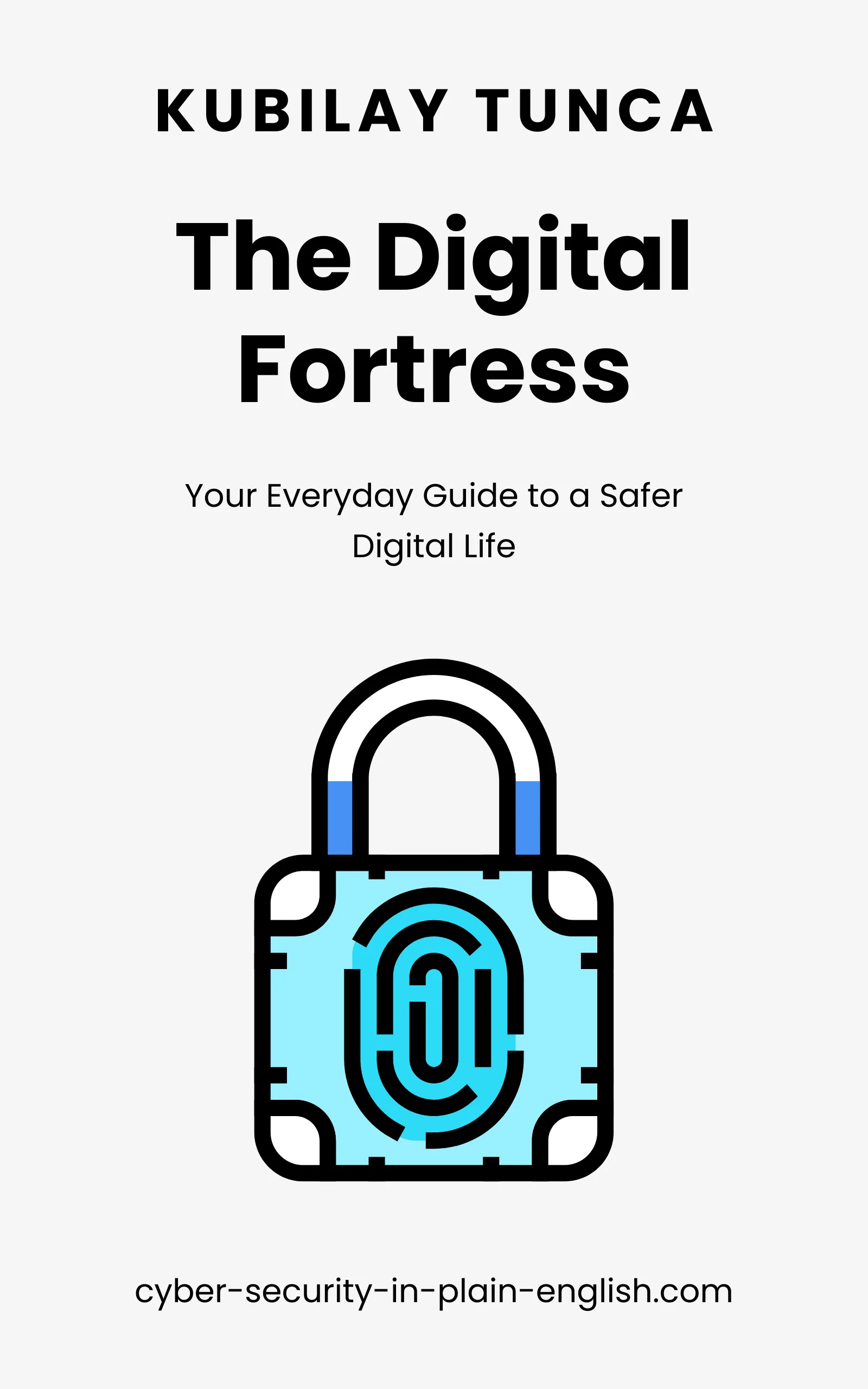Published
- 4 min read
The Developer’s Guide to Security Certifications

How to Write, Ship, and Maintain Code Without Shipping Vulnerabilities
A hands-on security guide for developers and IT professionals who ship real software. Build, deploy, and maintain secure systems without slowing down or drowning in theory.
Buy the book now
Practical Digital Survival for Whistleblowers, Journalists, and Activists
A practical guide to digital anonymity for people who can’t afford to be identified. Designed for whistleblowers, journalists, and activists operating under real-world risk.
Buy the book now
The Digital Fortress: How to Stay Safe Online
A simple, no-jargon guide to protecting your digital life from everyday threats. Learn how to secure your accounts, devices, and privacy with practical steps anyone can follow.
Buy the book nowIntroduction
In the ever-evolving world of cybersecurity, continuous learning is essential for developers who want to stay ahead of threats and build secure applications. Pursuing security certifications is one of the most effective ways to deepen your knowledge, validate your skills, and enhance your career prospects.
This guide explores the top security certifications for developers, their benefits, and practical tips for preparing and passing these certifications.
Why Security Certifications Matter for Developers
1. Enhanced Knowledge
Certifications provide structured learning paths that cover essential security concepts, tools, and techniques.
2. Career Advancement
Certifications serve as a testament to your expertise, making you more attractive to employers and opening doors to leadership roles.
3. Industry Recognition
Earning a respected certification establishes you as a credible professional in the cybersecurity domain.
4. Staying Updated
Certifications often require ongoing education, ensuring you stay current with emerging threats and technologies.
Top Security Certifications for Developers
1. Certified Secure Software Lifecycle Professional (CSSLP)
Overview:
Offered by (ISC)², CSSLP focuses on incorporating security throughout the software development lifecycle.
Key Areas:
- Secure software design and architecture.
- Application security testing.
- Secure coding practices.
Why It’s Valuable:
- Ideal for developers involved in secure application development.
- Recognized globally, enhancing career prospects.
Preparation Tips:
- Study the official CSSLP CBK (Common Body of Knowledge).
- Practice real-world scenarios to apply theoretical concepts.
2. Certified Information Systems Security Professional (CISSP)
Overview:
Also offered by (ISC)², CISSP is a broad certification covering multiple domains of cybersecurity.
Key Areas:
- Security and risk management.
- Software development security.
- Asset security and cryptography.
Why It’s Valuable:
- Suitable for developers aiming for leadership roles in security.
- Provides a deep understanding of organizational security.
Preparation Tips:
- Use the official CISSP study guide and practice exams.
- Join study groups to collaborate and clarify doubts.
3. GIAC Secure Software Programmer (GSSP)
Overview:
Offered by GIAC, GSSP focuses on secure coding practices for specific languages like Java, C, and .NET.
Key Areas:
- Defensive programming techniques.
- Secure software design patterns.
- Code review and vulnerability mitigation.
Why It’s Valuable:
- Tailored for developers looking to specialize in secure coding.
- Language-specific tracks ensure targeted learning.
Preparation Tips:
- Practice secure coding challenges in your chosen language.
- Review GIAC’s recommended resources and course materials.
4. Certified Ethical Hacker (CEH)
Overview:
Offered by EC-Council, CEH focuses on ethical hacking techniques to identify and address vulnerabilities.
Key Areas:
- Penetration testing methodologies.
- Vulnerability assessment.
- Application and network security.
Why It’s Valuable:
- Equips developers with offensive security skills to better defend applications.
- Recognized as a stepping stone to advanced penetration testing roles.
Preparation Tips:
- Enroll in EC-Council’s official CEH training programs.
- Use practice labs to gain hands-on experience.
5. CompTIA Security+
Overview:
An entry-level certification that covers foundational cybersecurity concepts.
Key Areas:
- Threats, attacks, and vulnerabilities.
- Cryptography and PKI.
- Identity and access management.
Why It’s Valuable:
- Great for developers new to cybersecurity.
- Covers a broad range of topics relevant to secure development.
Preparation Tips:
- Study CompTIA’s official resources and take practice tests.
- Focus on understanding basic security principles and their applications.
How to Choose the Right Certification
1. Assess Your Career Goals
- If you’re focused on application security, consider CSSLP or GSSP.
- For leadership roles, CISSP is a strong choice.
2. Consider Your Experience Level
- Entry-level developers may start with CompTIA Security+.
- Experienced professionals might pursue CISSP or CEH.
3. Evaluate Industry Demand
- Research job postings to identify certifications frequently requested by employers.
4. Time and Cost Investment
- Consider the time required to prepare and the cost of exams and training.
Preparation Tips for Security Certifications
1. Create a Study Plan
- Break down the syllabus into manageable sections and set weekly goals.
- Allocate time for both theoretical study and practical exercises.
2. Use Official Resources
- Leverage official study guides, practice exams, and online training programs.
- Attend webinars and workshops offered by the certification provider.
3. Join Study Groups
- Collaborate with peers preparing for the same certification to share knowledge and resources.
4. Practice Hands-On Skills
- Use platforms like TryHackMe, Hack The Box, or Secure Code Warrior to gain practical experience.
5. Simulate Exam Conditions
- Take timed practice tests to familiarize yourself with the exam format and identify areas for improvement.
Real-World Applications of Security Certifications
Scenario 1: Preventing Vulnerabilities in Web Applications
A CSSLP-certified developer identifies insecure API endpoints during the design phase, preventing potential data breaches.
Scenario 2: Strengthening Access Controls
A CISSP-certified professional implements role-based access controls (RBAC) to secure sensitive resources in an enterprise application.
Scenario 3: Enhancing Code Security
A GSSP-certified developer refactors legacy code to eliminate injection vulnerabilities and implement secure input validation.
The Future of Security Certifications
1. AI and Machine Learning Integration
Future certifications will include modules on securing AI-driven systems and mitigating risks associated with machine learning algorithms.
2. Specialized Tracks
Certifications will offer more specialized tracks, focusing on areas like IoT security, blockchain security, and quantum-resistant cryptography.
3. Continuous Learning Requirements
Certifications will emphasize ongoing education to keep professionals updated on emerging threats and technologies.
Conclusion
Security certifications provide a structured path for developers to enhance their skills, gain recognition, and advance their careers. Whether you’re new to cybersecurity or looking to deepen your expertise, there’s a certification that aligns with your goals. Start your journey today and position yourself as a leader in secure application development.